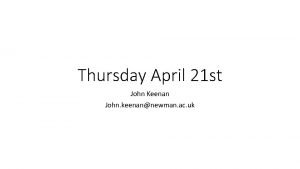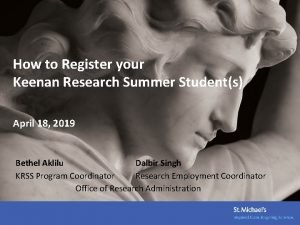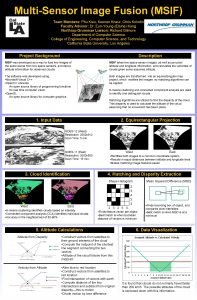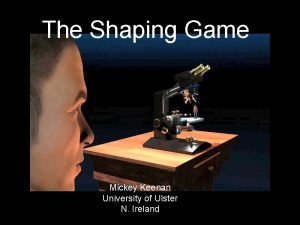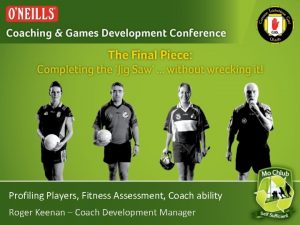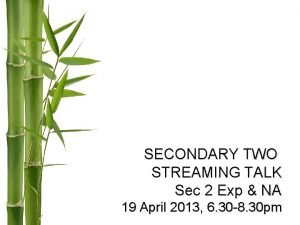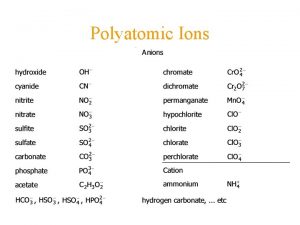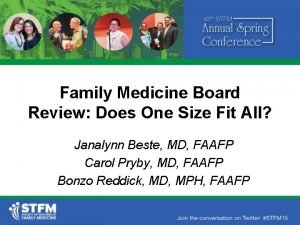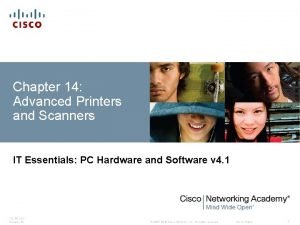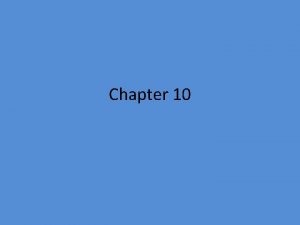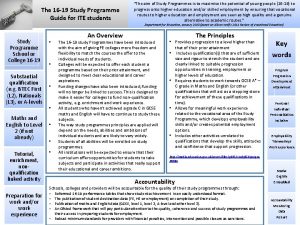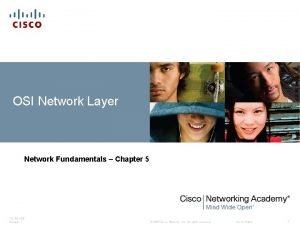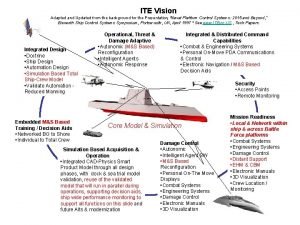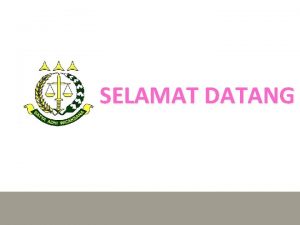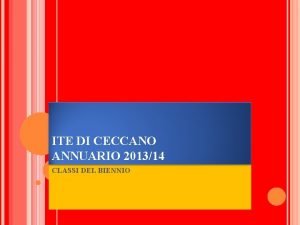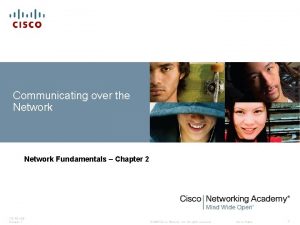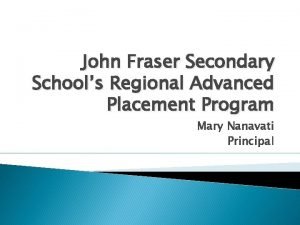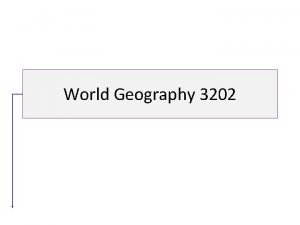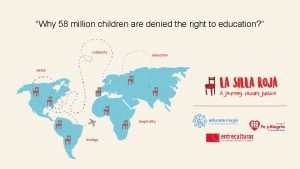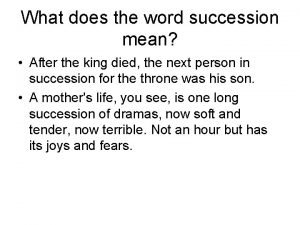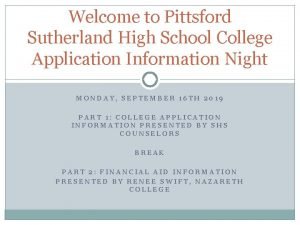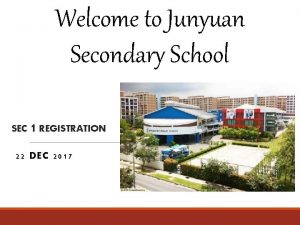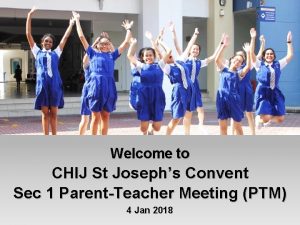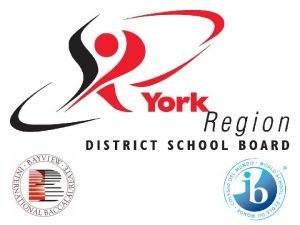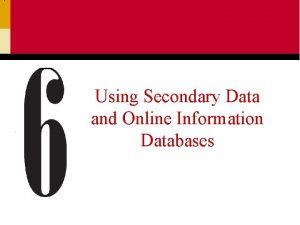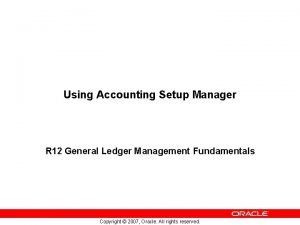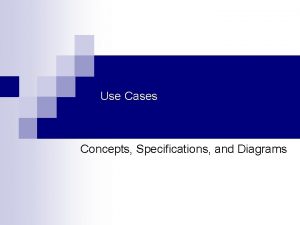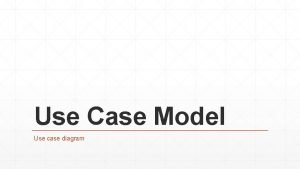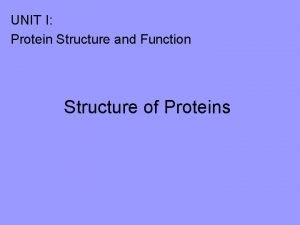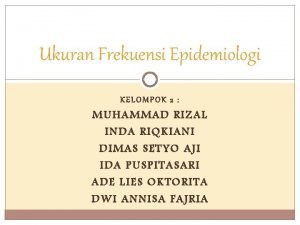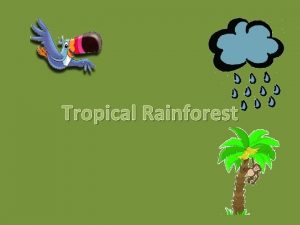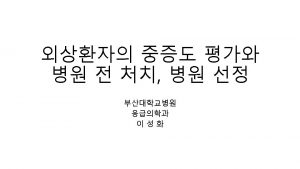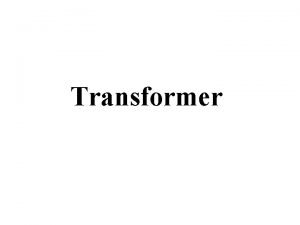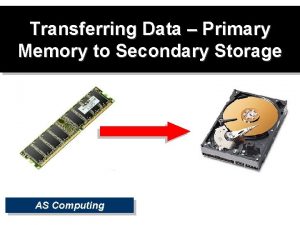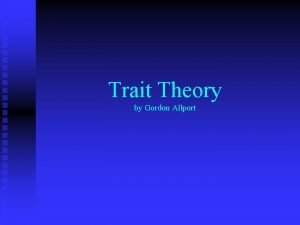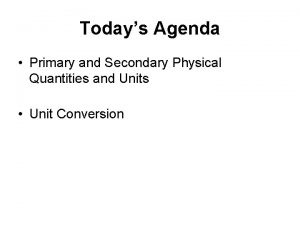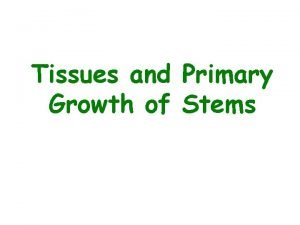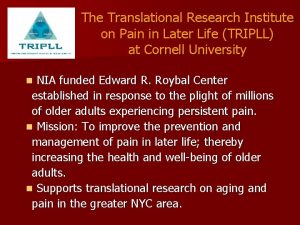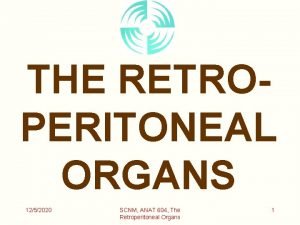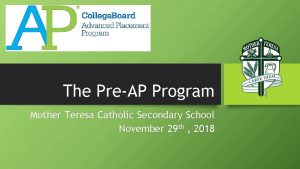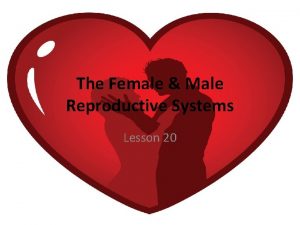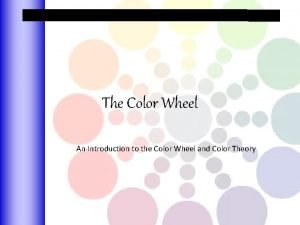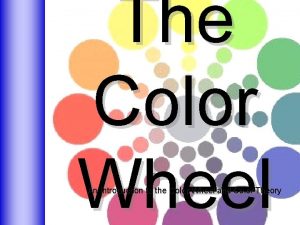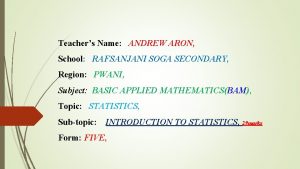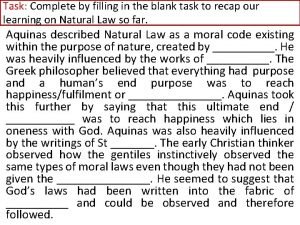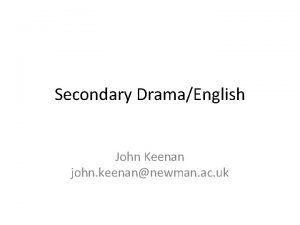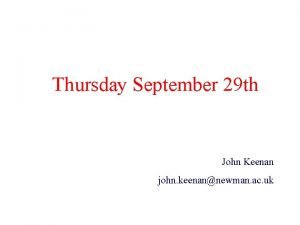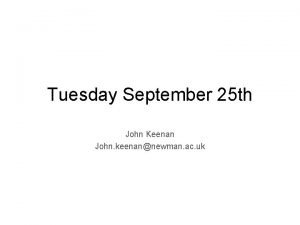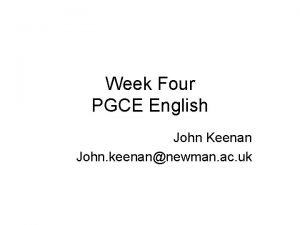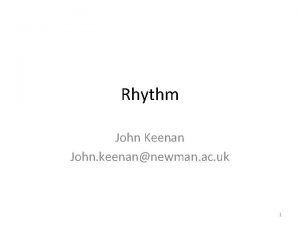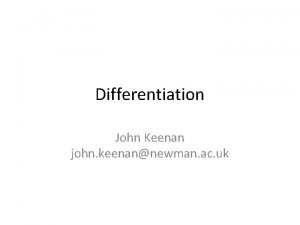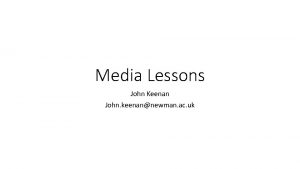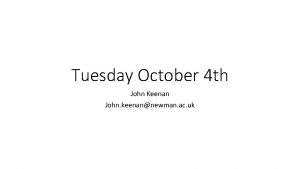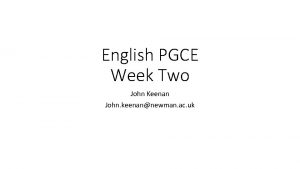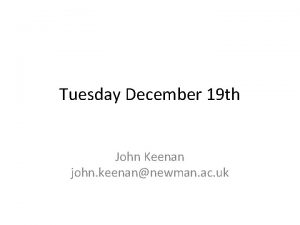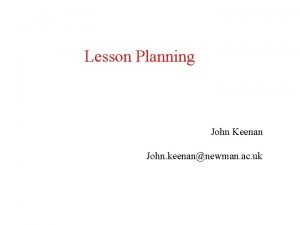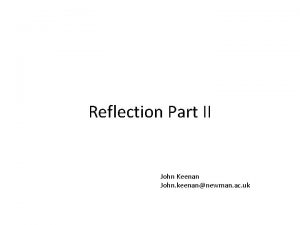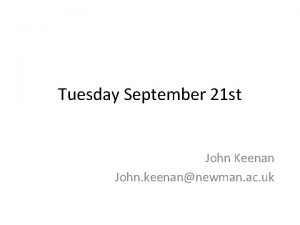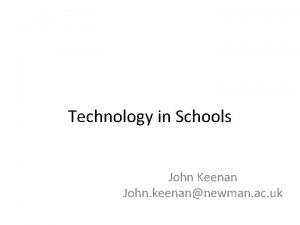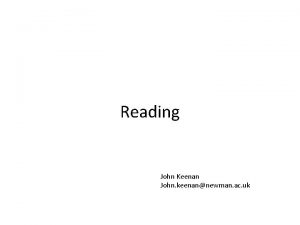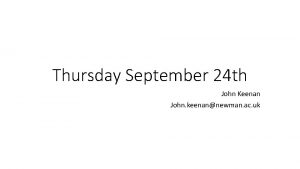Secondary DramaEnglishMedia ITE John Keenan john keenannewman ac
































































- Slides: 64

Secondary Drama/English/Media ITE John Keenan john. keenan@newman. ac. uk

Booklet Blog

Learning outcomes • Have considered a pedagogy for teaching drama/English/media • Greater understanding of some of the processes for learning

Learning Outcome Have considered a pedagogy How will I know?

What is your pedagogy?

What do you love?

About drama/English/media

About teaching

poetry

Poem for Everyman I will present you parts of my self slowly if you are patient and tender. I will open drawers that mostly stay closed and bring out places and people and things sounds and smells, loves and frustrations, hopes and sadness, bits and pieces of three decades of life that have been grabbed off in chunks and found lying in my hands. they have eaten their way into my memory, carved their way into my heart. altogether- you or I will never see them they are me. If you regard them lightly, deny they are important or worse judge them I will quietly, slowly, begin to wrap them up, in small pieces of velvet, like worn silver and gold jewellery, tuck them away in a small wooden chest of drawers and close. John Wood

Freire

There is no such thing as a neutral education process. Education either functions as an instrument which is used to facilitate the integration of generations into the logic of the present system and bring about conformity to it, or it becomes the ‘practice of freedom’, the means by which men and women deal critically with reality and discover how to participate in the transformation of their world. Jane Thompson, 1999, Gramsci, Freire, and Adult Education: Possibilities for Transformative Action, by Peter Mayo, Macmillan. Page 5

The Blot What is Miss Maclean’s pedagogy? Hannah

Pedagogy of the Oppressed Start with what the students love Understand that they must want to learn Teacher learns from the students

Popular Education Example I want to be an teacher because. . .

Other Pedagogies for Teaching 1. Traditional 2. Progressivist 3. Postmodern Progressive all contribute to today’s pedagogy

Pedagogical Spaces 1: Traditional Petrus Ramus • Classical canon • Great Men of History • Christianity Knowledge in books.

Pedagogical Spaces 1: Traditional The Enlightenment Renee Descartes

Pedagogical Spaces 1: Traditional • Institutionalised • Mass schooling • Rigid systems

Pedagogical Spaces 1: Traditional The ‘iron cages’ of rationalisation Max Weber (1846 -1920)

Pedagogical Spaces 1: Traditional Testing John Holt – ‘How Children Fail’ ‘Most children in school fail’ (Holt, 1990: foreword)

‘Nobody starts off stupid…what happens , as we get older, to this extraordinary capacity for learning and intellectual growth? What happens is that it is destroyed…We destroy this capacity above all by making afraid, afraid of being wrong…afraid to gamble, afraid to experiment, afraid to try the difficult and the unknown …We destroy the … love of learning in children…by encouraging and compelling them to work for petty and contemptible rewards – gold stars or papers marked 100 and tacked to the wall or As in report cards…We encourage them to feel that the end aim of all they do in school is nothing more than to get a good mark on a test’ (Holt, 1990: pp. 273 -4)

Pedagogical Space 2: Progressivist John Dewey Maria Montessori

Pedagogical Space 2: Progressivist John Dewey 1900 ‘To imposition from above is opposed expression and cultivation of individuality; to external discipline is opposed free activity; to learning from teachers, learning through experience; to acquisition of isolated skills and techniques by drill is opposed acquisition of them as means of attaining ends which make direct appeal; to preparation for a more or less remote future is opposed to making the most of the opportunities of present life; to static aims and materials is opposed acquaintance wit a changing world’ cited in Katzinger and Cross, 1993: pp 45 -6

Pedagogical Space 2: Progressivist John Dewey ‘Textbooks and lectures give the result of other men’s discoveries, and thus seem to provide a short cut to knowledge; but the outcome is just a meaningless reflecting back of symbols with no understanding of the facts themselves’ Dewey and Dewey 1915 cited in Cross and Katzinger, 1993: p. 46

Pedagogical Space 2: Progressivist John Dewey (At school children should learn to be) ‘cooks, seamstresses, or carpenters. ’ cited in Katzinger and Cross, 1993: p. 45

Pedagogical Space 2: Progressivist Progressive Pedagogy as Ideology • The idea of progress • Standard English was to be the conclusion • Correct acquisition served an industrial purpose ‘Motivated student activity was a pedagogical tool in the interest of progress and modernity and these cultural assumptions were as powerfully singular as those of the traditional curriculum of a classical canon, even to the point of sharing some of the same objectives - correct grammar, for example - albeit objectives that were now to be achieved by a different means’ Cross and Katzinger, 1993: p. 47

Pedagogical Space 3: The Progressivist Pedagogy of Postmodernism • difference • discontinuity • cultural fragmentation • linguistic fragmentation ‘the postmodernists pronounce the end of history; the decadence of grand metanarratives…the demise of progress’ Cross and Katzinger, 1993: p. 48

Pedagogical Space 3: The Progressivist Pedagogy of Postmodernism High Windows When I see a couple of kids And guess he's fucking her and she's Taking pills or wearing a diaphragm, I know this is paradise Everyone old has dreamed of all their lives-Bonds and gestures pushed to one side Like an outdated combine harvester, And everyone young going down the long slide To happiness, endlessly. I wonder if Anyone looked at me, forty years back, And thought, That'll be the life; No God any more, or sweating in the dark About hell and that, or having to hide What you think of the priest. He And his lot will all go down the long slide Like free bloody birds. And immediately Rather than words comes the thought of high windows: The sun-comprehending glass, And beyond it, the deep blue air, that shows Nothing, and is nowhere, and is endless. Philip Larkin


Pedagogical Space 3: The Progressivist Pedagogy of Postmodernism • humans are active meaning makers • no universal meaning - polysemic • no privileged discourses • the death of the author a curriculum relevant to experience power to marginalised discourses e. g. Creole Language is ‘a system of signs structured in the infinite play of difference’ Aronwitz and Giroux, 1991: p. 13 cited in Cross and Katzinger, 1993: p. 50

Vox Box Press the record button My pedagogy is. . .


Teach. . . learn

Learning Outcome Greater understanding of some of the processes students undertake in learning How will I know?

On being asked to go to a teaching and learning training session: ‘when I came into teaching no-one said anything about learning’



Learn? Qualified Teacher Status ‘understand. . . pupils’ learning’

Learning Monty Python What is your name – learned fact What is your quest – learned fact What is your favourite colour – learned fact (? ) What is the capital of Assyria – not learned Grey, 2006: 47 http: //uk. youtube. com/watch? v=IMx. WLu. OFy. Z M

What is learning ‘learning is an active process of acquiring and retaining knowledge so it can be applied in future situations’ Sousa, 2001: 24 ‘making meaning’ Watkins et al, 2000: 6

Learning is change

Change of behaviour Acquisition of knowledge Constructing understanding Adapted from Pritchard, 2005: 2

How do people learn?

Which do you think is more prevalent – teaching without learning or learning without teaching? Pritchard, 2000: 11

More is learnt in the bedroom of the teenager than the classroom.

‘It’s not that I haven’t learnt much. It’s just that I don’t really understand what I’m doing’ Ruddock, Wallace and Harris, cited in Watkins et al, 2000: v

Learning Strategy Already know Get attention Relevant Model Teams Goals Visuals Think and talk aloud Mnemonics Note taking Closure strategies – tell your partner what you know Adapted from Fulk 2000 cited in Sousa, 2001: 34

Your task In pairs 10 minutes Choose one learning outcome Follow the strategy through a lesson Be ready in 10 minutes to feedback to the group how you will know you have achieved your learning outcome

You have 10 minutes left ©CAS 2004

You have 9 minutes left ©CAS 2004

You have 8 minutes left ©CAS 2004

You have 7 minutes left ©CAS 2004

You have 6 minutes left ©CAS 2004

You have 5 minutes left ©CAS 2004

You have 4 minutes left ©CAS 2004

You have 3 minutes left ©CAS 2004

You have 2 minutes left ©CAS 2004

You have 1 minute left ©CAS 2004

©CAS 2004

WHICH 3 DO YOU DO MOST OFTEN IN CLASS? MORI POLL COPY FROM A BOOK LISTEN TO THE TEACHER FOR A LONG TIME CLASS DISCUSSION 2010 2000 67 56 37 31 Cited in Grey, 2012: 215

New learning Existing concepts, knowledge and experience Geoff Petty

Student’s recall rate Listening Reading Students are Increasingly active, and challenged. Experience is increasingly practical and multi-sensory Audio -Visual Demonstration 5% 10 % Students Receive information 20 % 30 % Discussion groups 50 % Practice by doing 75 % Teach others/immediate use of learning 90 % Students Apply their Learning 25 ways of teaching without telling

Enjoy your evening
 John keenan calgary
John keenan calgary Krss staff
Krss staff Keenan knaur
Keenan knaur Mickey keenan
Mickey keenan Roger keenan
Roger keenan Praise points ite
Praise points ite Ti3n compound name
Ti3n compound name Ate ite ide chart
Ate ite ide chart Dr janalynn beste
Dr janalynn beste It essentials chapter 14
It essentials chapter 14 Ate ite ide chart
Ate ite ide chart Ite programme
Ite programme Ite osi
Ite osi Ite vision
Ite vision Ite bully
Ite bully Ite ceccano
Ite ceccano Types of network communication
Types of network communication John fraser ap program application
John fraser ap program application Primary and secondary effects of a tectonic hazard
Primary and secondary effects of a tectonic hazard Secondary world geography definition
Secondary world geography definition Why 58
Why 58 Beach ecosystem food chain
Beach ecosystem food chain Impact of business decisions on stakeholders
Impact of business decisions on stakeholders What does succession mean
What does succession mean Sutherland secondary
Sutherland secondary Welcome to secondary school
Welcome to secondary school Meridian sec school
Meridian sec school Meridian secondary school principal
Meridian secondary school principal Junyuan secondary school uniform
Junyuan secondary school uniform Chij st joseph's convent
Chij st joseph's convent Bayview secondary school ib entrance exam sample
Bayview secondary school ib entrance exam sample Planting more trees is called
Planting more trees is called Primary and secondary effects of a tectonic hazard
Primary and secondary effects of a tectonic hazard Wastewater treatment process primary secondary tertiary
Wastewater treatment process primary secondary tertiary Internal secondary data
Internal secondary data Secondary ledger in oracle r12
Secondary ledger in oracle r12 Use case primary and secondary actors
Use case primary and secondary actors Use case primary and secondary actors
Use case primary and secondary actors Secondary pollutants examples
Secondary pollutants examples Alpha helix and beta sheet
Alpha helix and beta sheet Prevalence rate rumus
Prevalence rate rumus Pencil tracing of hull id number
Pencil tracing of hull id number Energy pyramid for tundra
Energy pyramid for tundra Tertiary consumers in the rainforest
Tertiary consumers in the rainforest Secondary survey ample
Secondary survey ample Why transformer called static device
Why transformer called static device Transferring of data from auxiliary storage to main storage
Transferring of data from auxiliary storage to main storage Secondary traits
Secondary traits Secondary quantities
Secondary quantities Interfascicular cambium is primary or secondary
Interfascicular cambium is primary or secondary Euthyroid
Euthyroid Thyroid storm tsh levels
Thyroid storm tsh levels Henry murray theory
Henry murray theory Primary control vs secondary control
Primary control vs secondary control Primary and secondary retroperitoneal organs
Primary and secondary retroperitoneal organs Mother teresa catholic secondary school
Mother teresa catholic secondary school Secondary education system in india
Secondary education system in india Primary sexual characteristics
Primary sexual characteristics Secondary economic activities in the west of ireland
Secondary economic activities in the west of ireland Advanced color wheel
Advanced color wheel Primary secondary tertiary colors
Primary secondary tertiary colors Temperate forest food chain
Temperate forest food chain Lusanga secondary school
Lusanga secondary school Rafsanjani soga secondary school location
Rafsanjani soga secondary school location 5 primary precepts
5 primary precepts
